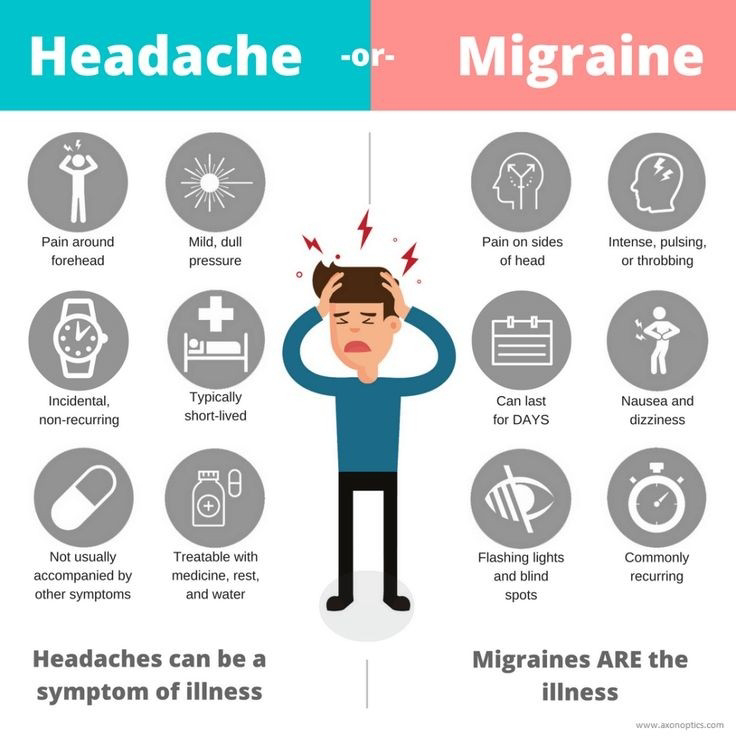💭
REMEMBERING , FORGETING & THE SCIENCE OF "FALSE MEMORY" 💭
False memory refers to cases in which people remember events differently from the way they happened or, in the most dramatic case, remember events that never happened atall.
You believe it is real, but it is not.
Most false memories aren’t malicious or even intentionally hurtful. They’re shifts or reconstructions of memory that don’t align with the true events.
However, some false memories can have significant consequences, including in court or legal settings where false memories may convict someone wrongfully.
💭 What causes false memory ? How are false memories formed ?
Factors influencing false memory are misinformation and misattribution of the original source of information. Existing knowledge and other memories can also interfere with the formation of a new memory, causing the recollection of an event to be mistaken, or entirely false.
Memories are complex.Events are moved from your brain’s temporary memory to permanent storage while you sleep. The transition, however, isn’t absolute. Elements of the memory may be lost. This is where false memories can begin.
For example, someone may ask you if the bank robber was wearing a red mask. You say yes, then quickly correct yourself to say it was black. In actuality, the robber wasn’t wearing a mask, but the suggestion they were planted a memory that wasn’t real.
💭 The Mandela effect :
There’s a theory doing the rounds online that nuclear research experiments caused the world to shift into an
alternate reality, where Donald Trump became president. This might sound stupid, but some people genuinely believe it to be true. And to back up their theory they cite the “
Mandela effect”, a phenomenon that supposedly occurs when
large groups of people believe something happened even though evidence shows it
isn’t true. The name of the theory dates back to 2010, when numerous people on the internet falsely remembered Nelson Mandela was dead. It was widely believed he died in prison during the 1980s. Mandela was actually freed in 1990 and passed away in 2013 – despite some people’s declarations they remember clips of his funeral on TV.
Psychologists say these collective remembering may be mostly put down to memory distortions and what’s known as “the misinformation effect" which means the false memory. Conspiracy theorists believe this is proof of an alternate universe, while many doctors use it as an illustration of how imperfect memory can be sometimes.
💭 Effects of false memory on society :
Legal cases:
Therapy-induced memory recovery has made frequent appearances in legal cases, particularly those regarding sexual abuse. Therapists can often aid in creating a false memory in a victim's mind, intentionally or unintentionally. They will associate a patient's behavior with the fact that they have been a victim of sexual abuse, thus helping the memory occur. They use memory enhancement techniques such as hypnosis dream analysis to extract memories of sexual abuse from victims. According to the FMSF (False Memory Syndrome Foundation), these memories are false and are produced in the very act of searching for and employing them in a life narrative.
Children:
False memory is often considered for trauma victims including those of childhood sexual abuse.
If a child experienced abuse, it is not typical for them to disclose the details of the event when confronted in an open-ended manner. Trying to indirectly prompt a memory recall can lead to the conflict of source attribution, as if repeatedly questioned the child might try to recall a memory to satisfy a question. The stress being put on the child can make recovering an accurate memory more difficult.
💭 False memory syndrome:
False memory syndrome recognizes false memory as a prevalent part of one's life in which it affects the person's mentality and day-to-day life. False memory syndrome differs from false memory in that the syndrome is heavily influential in the orientation of a person's life, while false memory can occur without this significant effect. The syndrome takes effect because the person believes the influential memory to be true. However, its research is controversial and the syndrome is excluded from identification as a mental disorder and, therefore, is also excluded from the Diagnostic and Statistical Manual of Mental Disorders.
If you think this information needful then share it.
Thank you





Comments
Post a Comment
If any doubts. Please let me know.